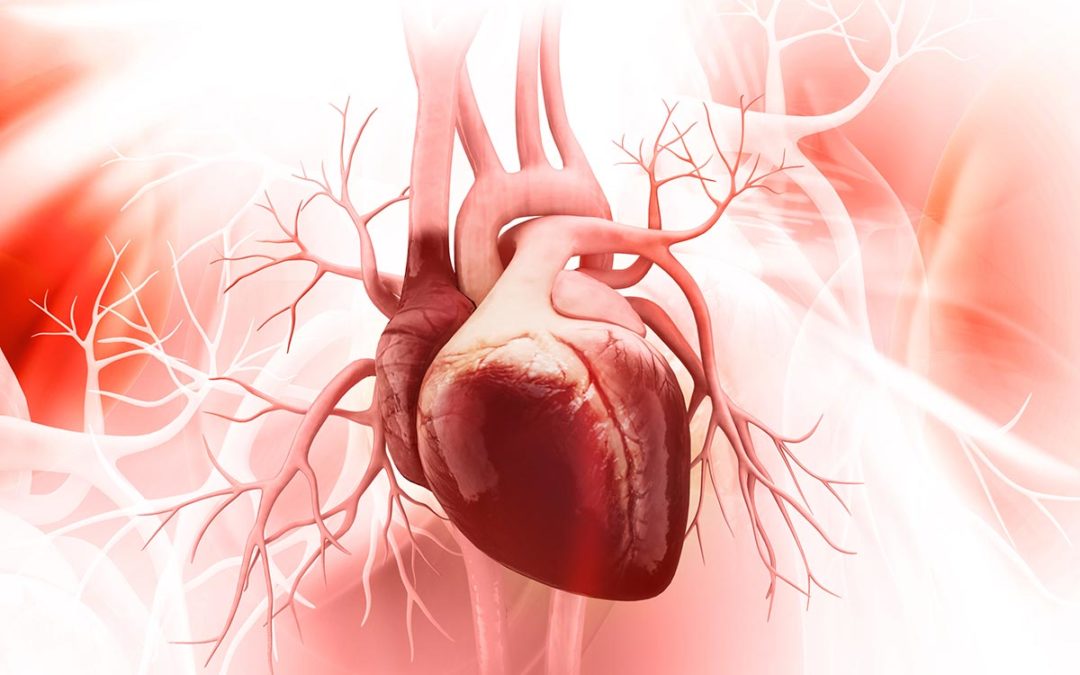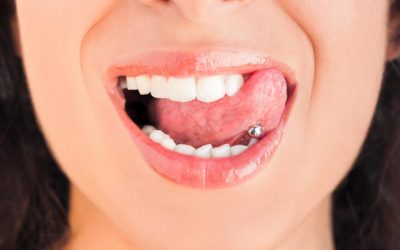Poor dental hygiene (lack of brushing and flossing) can lead to other health problems not related to the mouth, including problems associated with the heart. Inflammation, which is the human body’s natural response to irritation, injury, or infection of tissue, has been shown to be a is a major risk factor for heart disease. While inflammation is meant to have a protective effect, untreated chronic inflammation can lead to more severe health complications. Both periodontal disease (severe, chronic gum disease) and cardiovascular disease are inflammatory diseases, and inflammation is the common factor that connects these two disease states.
Medical research is now showing that periodontal disease may increase the inflammation level throughout the body. Since several studies have shown that patients with periodontal disease have an increased risk for cardiovascular disease, the American Academy of Periodontology (AAP) and The American Journal of Cardiology ® have developed clinical recommendations for periodontists (dental specialist with training in diagnosing, preventing and treating gum disease), dentists, cardiologists, and internists.
This is why it is so important to practice good oral hygiene at home, including a twice daily routine of brushing and once daily regimen of flossing. By sustaining this habit of cleaning at home, you will keep the level of harmful bacteria low, thereby reducing the level of infection and resulting inflammation.
Antibiotic Prophylaxis
Prophylaxis is the prevention of an ‘occurrence’; For example, dental prophylaxis consists of removing plaque and cleaning the teeth to prevent cavities and gum disease.
Antibiotic prophylaxis is used in order to prevent the occurrence of bacterial infection from spreading from the mouth to the rest of the body, particularly during a dental cleaning or invasive procedure. It is possible for bacteria to move from the mouth via the very thin lining of the gum tissue that forms a collar all the way around a tooth (the sulcus; or base of the pocket around a tooth). Scanning electron microscope studies have found this lining to be only a single cell layer thick, therefore easily penetrated by bacteria.
The two general categories of patients requiring antibiotic prophylaxis are
- those who must take the protective measure of an antibiotic in order to prevent bacteria from moving from the mouth to other vital organs. These are people that either have certain cardiovascular conditions (e.g. weakened heart valves) or who have a compromised immune system, and
- those who receive it to prevent a severe local infection as a complication of a procedure, e.g. complicated wisdom tooth removal.
All of our patients with any heart condition or weakened immune system are strongly advised to inform us before undergoing any dental procedures in our office. We will assess your condition, and if necessary, confer with any attending physician(s) that you may have, in order to determine if you require antibiotics before any procedure.



